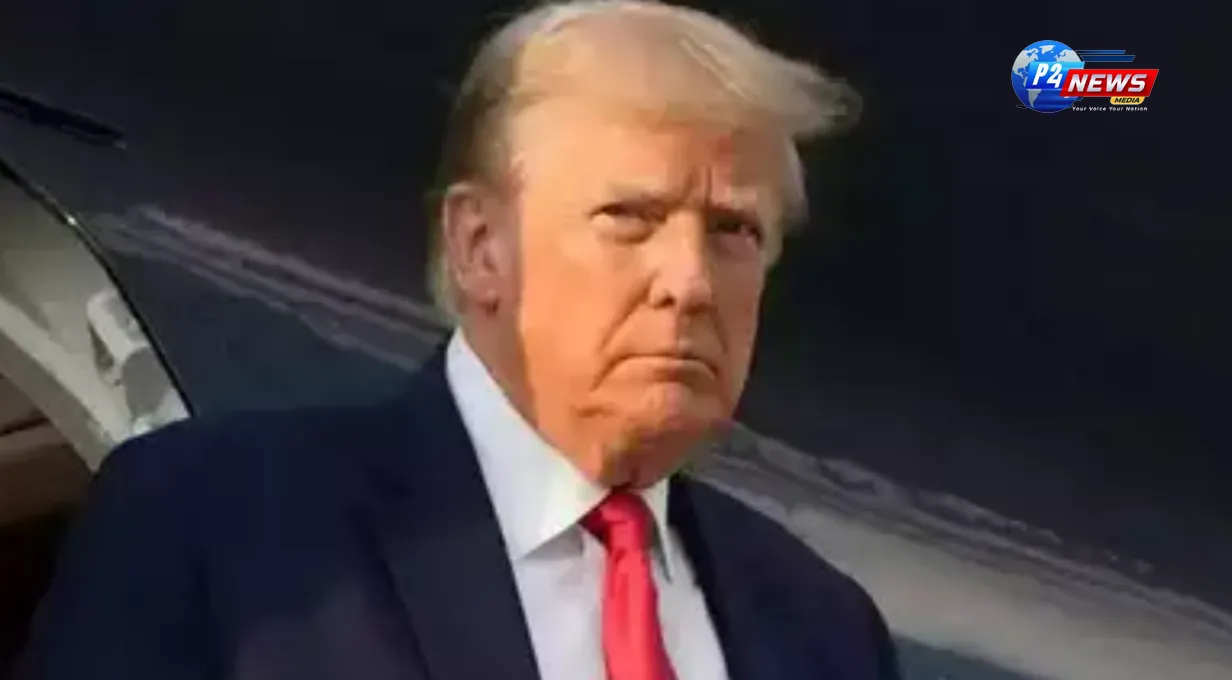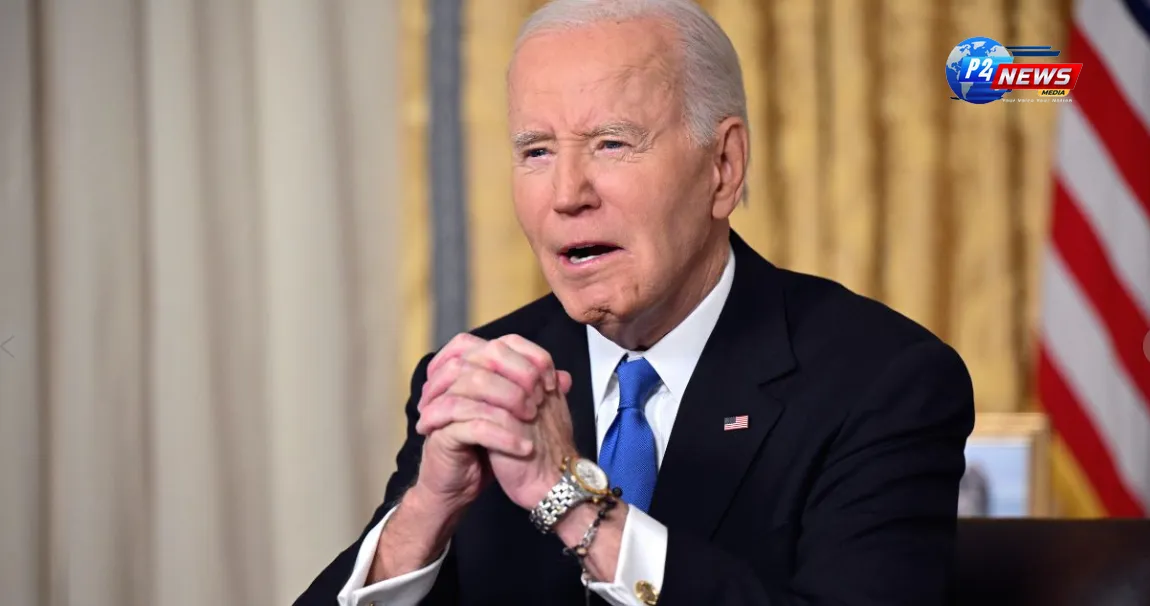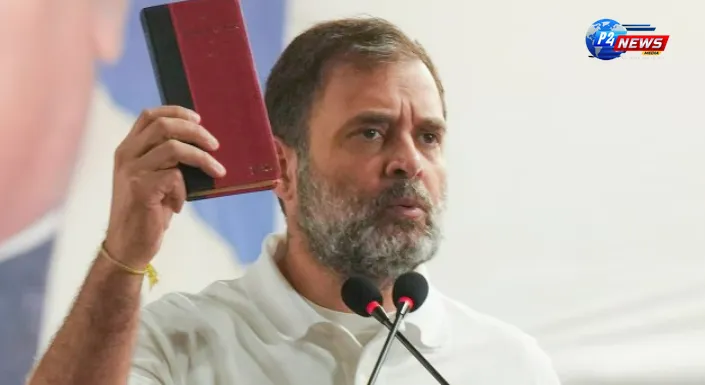President-elect Donald Trump intends to launch an External Revenue Service (ERS) on his inaugural day, focusing on tariffs and revenues from abroad to reduce domestic taxes. Key trading partners, including Canada, Mexico, China, and the EU, could feel significant effects.
In the United States, the term IRS, which stands for the Internal Revenue Service, often evokes a sense of dread among citizens, particularly as April 15 approaches—the date when tax returns are due. However, a new proposal introduced by incoming President Donald Trump has captured attention and stirred controversy. On his first day in office, Trump declared his intention to establish an External Revenue Service (ERS) aimed at collecting tariffs, duties, and revenues from foreign sources. This initiative is framed as a strategy to boost government revenues while providing financial relief to Americans, though it may provoke significant unease among major trading nations.
Trump's rationale for this approach centers on what he perceives as a long-standing reliance on domestic taxation through the IRS. He criticized existing trade agreements as insufficiently beneficial for the American economy, which he argues has inadvertently contributed to global prosperity while placing domestic citizens at a disadvantage. "It's time for a shift," he asserted, emphasizing that the ERS would target those countries that profit from trade with the U.S.
The nations that primarily stand to be impacted include Canada, Mexico, and China—three of America's main trading partners. The European Union, ASEAN countries, Japan, Germany, and India—ranked as Washington's ninth-largest trading partner—are also anticipated to face consequences. Canadian officials have reportedly been engaging in urgent discussions with Trump and his team to mitigate potential repercussions that could severely affect their economy. Meanwhile, nations like India are preparing to navigate the challenges that this policy might introduce, as concerns grow over a potential global economic downturn.
While there is widespread speculation that Trump's stern rhetoric may be a negotiating tactic designed to compel major trading partners to lower tariffs and facilitate greater access for U.S. exports, the expedited manner in which he is pursuing these changes suggests limited time for negotiation. The traditional amicable relationship between Canada and the U.S. is already showing signs of strain, particularly within provinces like Alberta. Alberta's Premier Danielle Smith has raised alarms over the potential for export bans on its oil, warning that such measures could lead to national unity issues, and critics claim she is misappropriating a resource that belongs to all Canadians.
This tension is not limited to oil; concerns about lumber in British Columbia reflect a growing unease. Many partners, especially major American trading counterparts, have historically maintained trade surpluses with the U.S. by enforcing favorable export conditions while simultaneously restricting American imports to safeguard their domestic industries. For instance, India has taken precautions to protect its apple growers and motorcycle manufacturers, gradually easing restrictions on U.S. products only after considerable deliberation.
Nevertheless, while India poses a manageable issue for Washington in comparison to China, the latter remains a significant concern due to its massive trade deficit with the U.S. amounting to $280 billion—constituting around a third of the total U.S. deficit with all nations. This staggering imbalance has prompted humorous yet pointed remarks from late-night comedians, suggesting an alternative for Americans could be writing checks to China instead of fulfilling tax obligations to the IRS.
Trump’s strategy appears to aim at altering a deeply rooted tradition of American trade generosity that has seemingly benefited other nations at the expense of U.S. economic interests. By threatening substantial tariff hikes, he hopes to curtail imports, potentially raising prices for consumers as importers adjust costs and thus stimulate domestic manufacturing. Furthermore, he intends to compel trading partners to welcome more American goods, as evidenced by recent efforts to promote U.S. pork exports to India, leading to the lifting of longstanding import bans stemming from health-related concerns.
















Comments 0